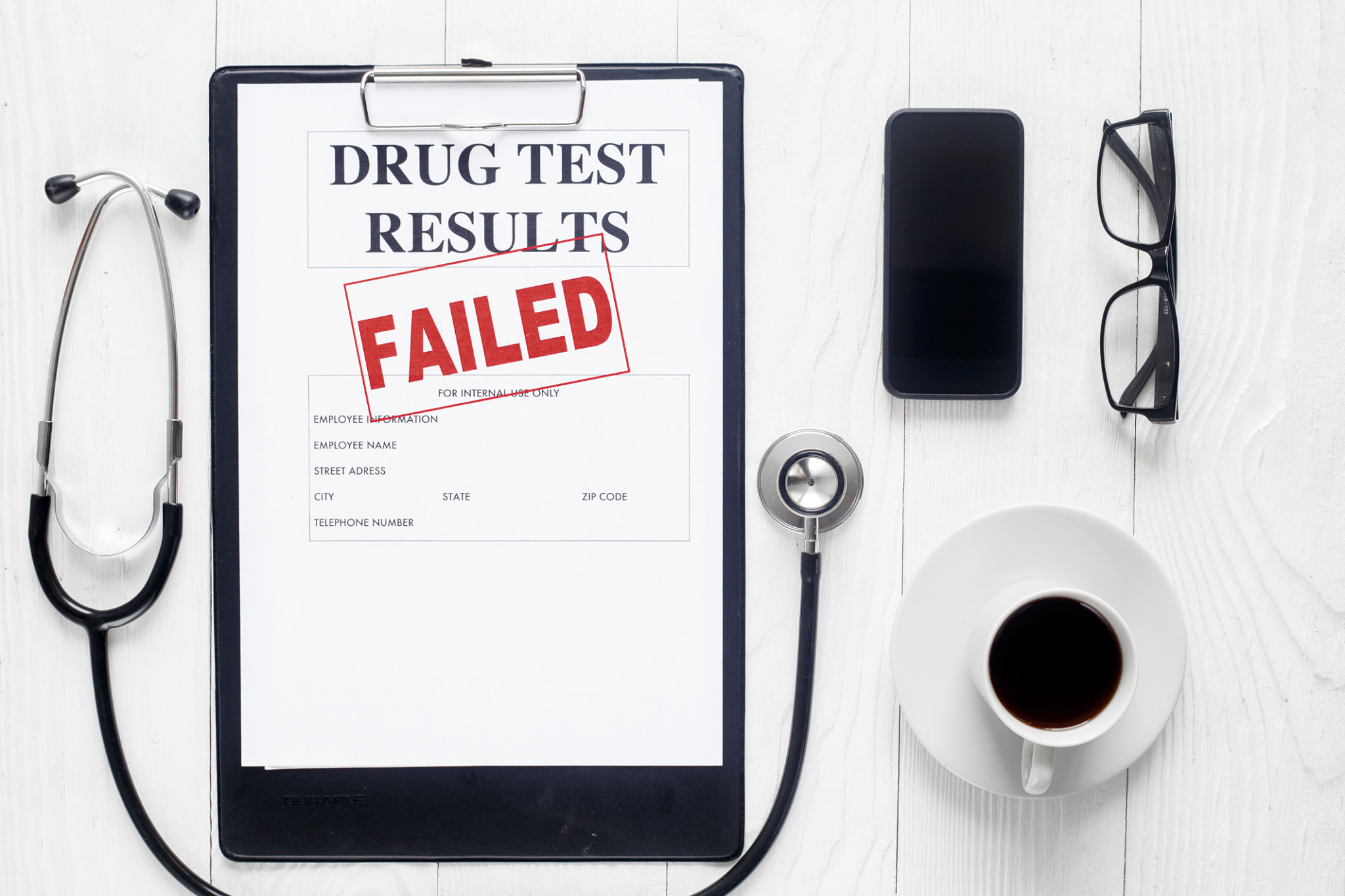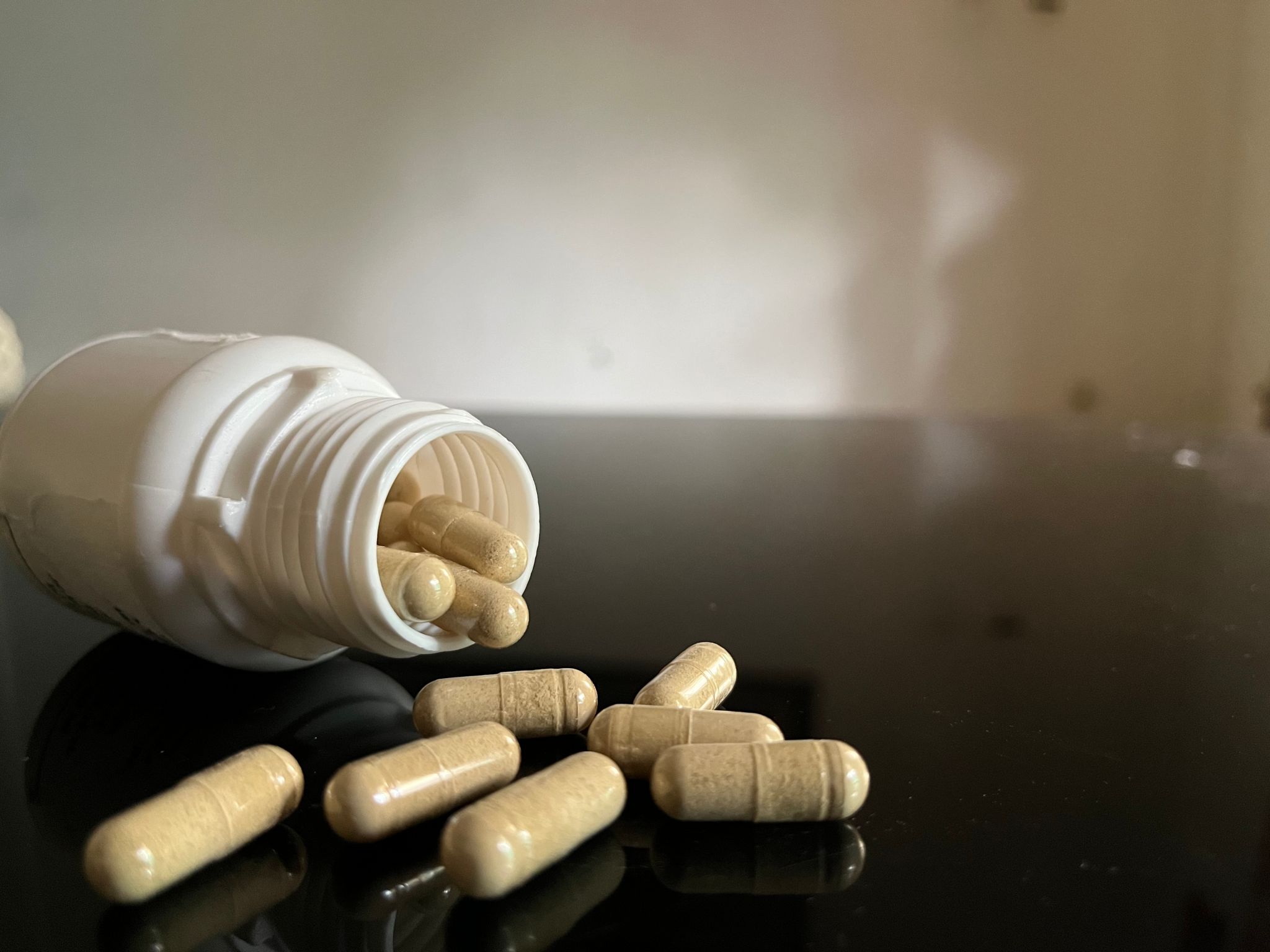Mobile Drug Testing Units vs. Traditional Testing: Which is Right for You?
Understanding Mobile Drug Testing Units
Mobile drug testing units have become a popular alternative to traditional drug testing methods. These units offer a range of advantages, particularly in terms of convenience and efficiency. Unlike stationary testing facilities, mobile units can travel to various locations, making them a flexible option for businesses and organizations that require drug testing.

One of the primary benefits of mobile drug testing is the reduction in downtime for employees. Instead of traveling to a testing facility and potentially losing hours of work, employees can be tested on-site. This on-the-go service is especially beneficial for industries with large numbers of employees or those operating in remote areas.
Exploring Traditional Drug Testing Methods
Traditional drug testing methods typically involve visiting a laboratory or clinic where samples are collected and analyzed. This process can be thorough, with a controlled environment ensuring sample integrity. Traditional testing is often preferred for comprehensive screenings where precise results are critical.

However, this method can also be time-consuming and may not be suitable for urgent or large-scale testing needs. Additionally, the logistics of coordinating multiple employee appointments can be challenging for businesses looking to minimize disruption.
Comparing Convenience and Accessibility
When comparing convenience and accessibility, mobile drug testing units have a clear advantage. These units can visit various locations, from construction sites to corporate offices, ensuring that drug testing is conducted without significant disruption. This flexibility is particularly appealing to industries such as transportation and logistics.
On the other hand, traditional drug testing facilities may offer greater accessibility in urban areas where numerous clinics are available. However, in less populated regions, the need to travel long distances to a facility can be a significant drawback.
Cost Considerations
The cost of drug testing can vary significantly between mobile and traditional options. Mobile units might be more expensive due to the added convenience and travel expenses, but they could save money in terms of reduced employee downtime. It's essential to weigh these factors when deciding which method is right for your organization.

Traditional drug testing may have lower upfront costs, but hidden expenses such as lost productivity and time spent organizing appointments should be considered. Evaluating these costs holistically will help determine the most cost-effective solution for your needs.
The Accuracy Factor
The accuracy of drug testing results is crucial regardless of the method chosen. Mobile units use advanced technology to ensure reliable results comparable to those from traditional facilities. However, if specific conditions or tests are required, traditional labs might offer more specialized equipment or expertise.
Ensuring that the testing provider—whether mobile or traditional—meets industry standards and regulations is vital for maintaining accuracy and integrity in the results.
Making the Right Choice
Deciding between mobile and traditional drug testing methods depends on various factors, including the number of employees, location logistics, urgency of results, and budget constraints. For some organizations, the flexibility and efficiency of mobile units will outweigh any additional costs. For others, the established procedures and potential cost savings of traditional methods will be more appealing.

Ultimately, understanding your organization's specific needs and challenges will guide you in selecting the optimal drug testing method. Whether opting for the mobility and convenience of a mobile unit or the comprehensive nature of traditional testing, ensuring a safe and productive workplace is the ultimate goal.